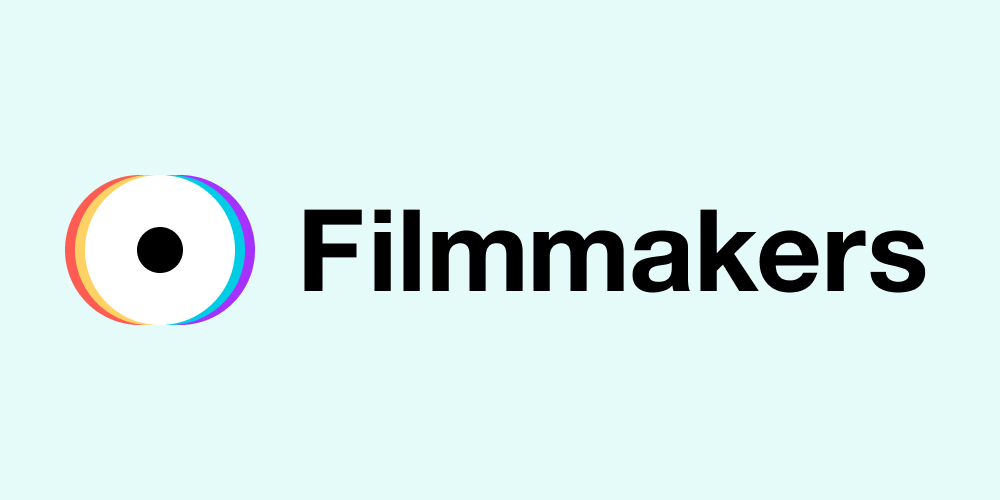What to expect in a recording studio and the crew you may work with on a voice job
The voice over industry offers actors a range of exciting opportunities, from adverts and animation to podcasts and audiobooks. No voice over job is the same – one could be a couple of hours in a studio, and another a long-term gig with a large cast and crew.
If you’ve booked your first voice over job or are unsure of what to expect in a recording studio, it’s worth familiarising yourself with the roles and responsibilities of the crew involved. Here, we’ll walk you through a breakdown of who you will work with on a voice over job.
What is Voice Acting?
Voice actors are hired to deliver information, narrate or play a character. If you want to transition into voice acting, being versatile is an in-demand skill, as some projects require voice actors to play multiple parts.
Showcase your range by recording a voice reel at a professional studio to send out to voice over agents, production companies, advertising agencies, eLearning companies and other areas that fall under the genre of your reel.
How Do I Get a Voice Over Job?
You can find voice work by looking for jobs on reputable casting sites like Spotlight. Often acting jobs, particularly adverts, can lead to voice over work. Actor Anna Swan told us that, after filming an advert for a car dealership, “The client asked me to do some voice overs for their radio campaign. This became a long-term job that required a few hours in a studio with a sound engineer.”
It’s worth noting that many actors have built home recording studios to take advantage of remote opportunities – an essential brought on by the Covid-19 pandemic. This can be done on any budget but for best results, you’ll want to work with a sound engineer to walk you through what you’ll need for your recording space.
Do I Need a Voice Over Agent?
Having representation can be helpful to help find you work, negotiate contracts and make sure you’re paid properly. A voice over agent will help negotiate payments and resolve any legal issues that arise. It is also beneficial to join Equity, as the Equity Audio division negotiates minimum rates for its members.
Who do Voice Actors Work With?
Large scale projects, such as animation with long timeframes, will involve more crew and actors, and some members – including the client – may also choose to dial in remotely to the sessions. Here are some of the crew you can expect to work with, and what their role is within the production:
Sound Engineer
The sound engineer is an integral part of the crew who designs and sets up the recording system – while monitoring the audio recording throughout the session. During the recording session, the sound engineer will set up the microphone, conduct soundchecks, and resolve any audio issues that arise.
Sound engineers will use the mixing console to maintain audio quality and is responsible for maintaining the actor’s natural audio by using software to keep out any background noise or distortion. The engineer may also liaise with the producer and director to brainstorm ideas and offer creative input.
Voice Director
The voice director reads the scripts beforehand and makes relevant edits – they may also work with the editing team to produce the final cut. They provide actors with all the necessary information to craft their performance, create the character and bring the story to life.
Smaller projects, such as radio adverts, can be recorded in a few hours, and the voice director may choose to dial in for these or attend in person. Larger productions will require more time in the studio with a larger team of voice actors, so the director will know the script inside out to keep production timings on track.
Producer
The producer is responsible for ensuring every aspect runs smoothly and will start preparing well in advance of the recording session. They oversee the production from start to finish, juggling many different duties such as finance, marketing, logistics, and adhering to deadlines.
Producers also work alongside the director to ensure they meet the creative vision and that the client is happy. The production’s outcome sits on the producer’s shoulders, and they will be present either on-site or by dialling in remotely.
Script Supervisor
A script supervisor may be hired for larger productions, and their job is to ensure accuracy and continuity. Throughout the recording, they will monitor the dialogue and keep a daily progress report of the recording.
Script supervisors are a valuable asset to directors and editors by making their jobs easier by highlighting errors and maintaining consistency.
Voice actors are in huge demand, with an array of exciting opportunities available right here on Spotlight. Understanding the roles and responsibilities of the crew you’re working with will promote a more professional and collaborative experience.
Take a look at our website for more tips and advice about voice over and voice work.
 Sarah Ridgway trained as an actor and has dabbled in stand-up comedy. Sarah is now a freelance writer, and her credits include Backstage and Actors Pro Expo; she is also passionate about empowering solo female travel.
Sarah Ridgway trained as an actor and has dabbled in stand-up comedy. Sarah is now a freelance writer, and her credits include Backstage and Actors Pro Expo; she is also passionate about empowering solo female travel.
Image credit: MachineHeadz / iStock












